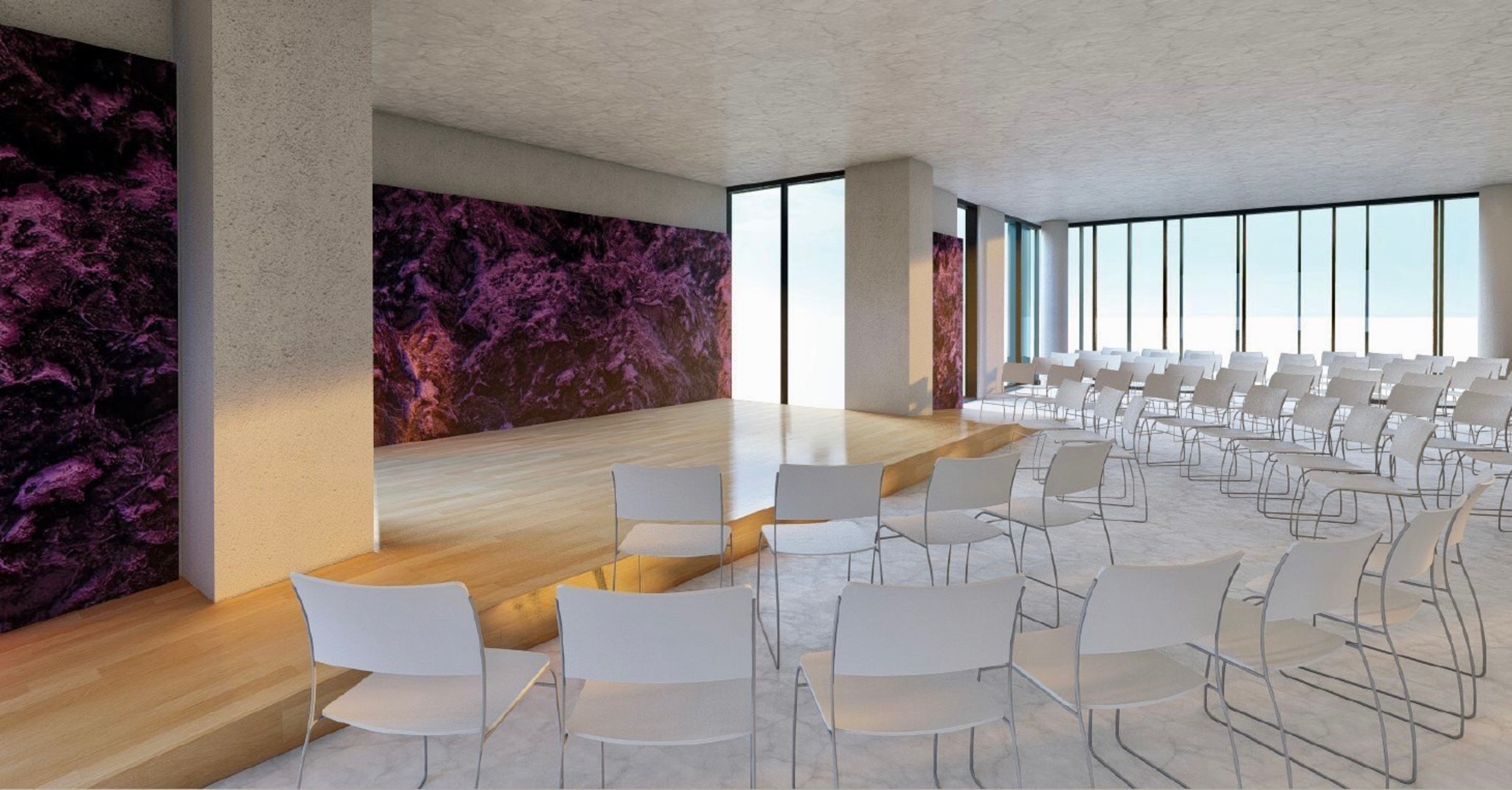As headlines about San Francisco’s beleaguered Downtown trend nationwide, one foreign government has eyed an opportunity.
Taiwan, the self-ruled island that China claims as its territory, has spent an unprecedented amount of money to acquire a building in SoMa that will be the new home of its local diplomatic facility, the Taipei Economic and Cultural Office.
The office building, located at 345 Fourth St., is a brand-new, seven-story site (opens in new tab) with 56,000 square feet of space. The economic and cultural office currently rents two floors at 555 Montgomery St. in the Financial District.
“Buying properties for overseas diplomatic facilities (駐外館處) has been a policy of Taiwan’s government for over 20 years,” Scott Lai, the director-general of the Taipei Economic and Cultural Office, told The Standard in Mandarin. “To rent for a long term is not cost-effective.”
In addition to a workplace for staffers, the new office building will serve multiple functions, from processing visas to hosting large social events. Taiwan’s current cultural and economic center in Chinatown (opens in new tab) will be relocated to the new building.

Lai said his team is currently in the midst of a design process, with renovation expected to start in October. The grand opening is scheduled for the end of 2024 (opens in new tab).
Record-Breaking Investment
In 2020, Taiwan’s government passed an unprecedented budget of $2.28 billion in New Taiwan Dollars (or $73.5 million in U.S. dollars) to purchase and renovate a new San Francisco office in the next three years. That sum represented the largest amount allocated toward a diplomatic property purchase in the government’s history. In 2004, the Taipei Economic and Cultural Office’s New York outpost (opens in new tab) cost approximately NTD $1.7 billion.
After touring 15 properties, Lai said the agency decided to buy the SoMa property project earlier this year. The price tag was about $53 million. Equivalent buildings in Denver and Boston were purchased for considerably less.

“We got lucky,” Lai said. “There are many empty buildings Downtown now because of the pandemic.”
Politics may play a role in the high-profile purchase as well. Taiwan’s status has been a major sticking point in relations between Beijing and Washington, D.C.
Last year, then-House Speaker Nancy Pelosi visited the island (opens in new tab), and earlier this year, Taiwan’s President Tsai Ing-wen met with House Speaker Kevin McCarthy in Southern California (opens in new tab), triggering strong protests from Beijing and eroding the superpowers’ relationship.

Lai says the building’s acquisition demonstrates Taiwan’s determination to improve its connections with the U.S., while China has been objecting to any formal interactions between the two.
“Taiwan is in a good relationship with the U.S. now,” Lai said. “Buying this building will have a positive impact on the relationship in the future.”
